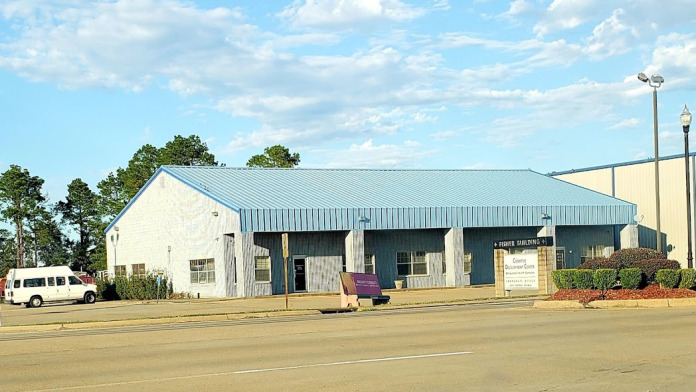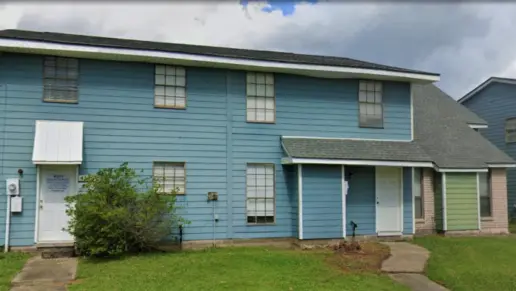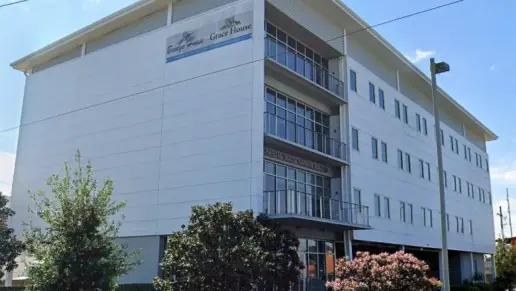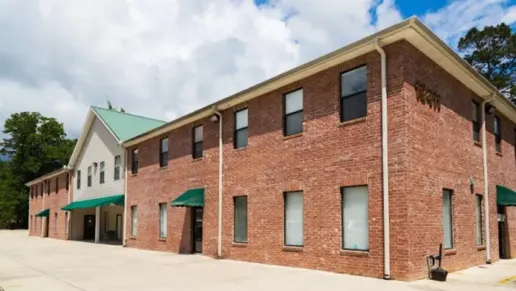They give good services. Nevertheless, they could improve in the quality of attention they provide to patients.
About Louisiana Behavioral Health Services
Cognitive Development Center provides mental health and dual diagnosis care for youth and adults in Monroe, Louisiana. They’re an outpatient program but they also offer crisis intervention and patient stabilization services if you’re in urgent need. They accept insurance and Medicaid as well as self pay.
One of the things that strikes me most about their programs are their specialized services for pregnant women and women with young children. You can even get care in your own home if needed. Their customized care plans are created on a case by case basis to ensure you receive the support you need to meet your recovery goals and maintain your sobriety and mental wellbeing across the long term.
You’ll likely engage in individual and group counseling in an outpatient setting. The frequency and intensity of your treatment will depend on your unique and evolving needs. You’ll also engage in recovery education to learn how to optimize your health in mind, body, and spirit.
Their service area is vast and they welcome clients from all the surrounding counties. Best of all because they’re a division of Tulane University’s School of Medicine you can be sure you’re getting proven and state of the art care.
Rehab Score
Gallery

Location
Other Forms of Payment
Medicaid is a state based program that helps lower-income individuals and families pay for healthcare. Medicaid covers addiction treatment so those enrolled can use their coverage to pay for rehab. When a program accepts Medicaid the client often pays very little or nothing out of their own pocket.
Private insurance refers to any kind of healthcare coverage that isn't from the state or federal government. This includes individual and family plans offered by an employer or purchased from the Insurance Marketplace. Every plan will have different requirements and out of pocket costs so be sure to get the full details before you start treatment.
Self-pay involves paying for treatment out of your own pocket. You can use savings or credit, get a personal loan, or receive help from family and friends to fund your treatment. If you don't have insurance or your insurance plan doesn't cover a specific program, self-pay can help ensure you still get the care you need.
Addiction Treatments
Levels of Care
Treatments
Many of those suffering from addiction also suffer from mental or emotional illnesses like schizophrenia, bipolar disorder, depression, or anxiety disorders. Rehab and other substance abuse facilities treating those with a dual diagnosis or co-occurring disorder administer psychiatric treatment to address the person's mental health issue in addition to drug and alcohol rehabilitation.
Mental health rehabs focus on helping individuals recover from mental illnesses like bipolar disorder, clinical depression, anxiety disorders, schizophrenia, and more. Mental health professionals at these facilities are trained to understand and treat mental health issues, both in individual and group settings.
Programs

Clinical Services
Research clearly demonstrates that recovery is far more successful and sustainable when loved ones like family members participate in rehab and substance abuse treatment. Genetic factors may be at play when it comes to drug and alcohol addiction, as well as mental health issues. Family dynamics often play a critical role in addiction triggers, and if properly educated, family members can be a strong source of support when it comes to rehabilitation.
Group therapy is any therapeutic work that happens in a group (not one-on-one). There are a number of different group therapy modalities, including support groups, experiential therapy, psycho-education, and more. Group therapy involves treatment as well as processing interaction between group members.
In individual therapy, a patient meets one-on-one with a trained psychologist or counselor. Therapy is a pivotal part of effective substance abuse treatment, as it often covers root causes of addiction, including challenges faced by the patient in their social, family, and work/school life.
Staff

Program CEO

Compliance Director

HR Director

Director of Clinical Services
Contact Information
4951 Central Avenue
Monroe LA, 71203


